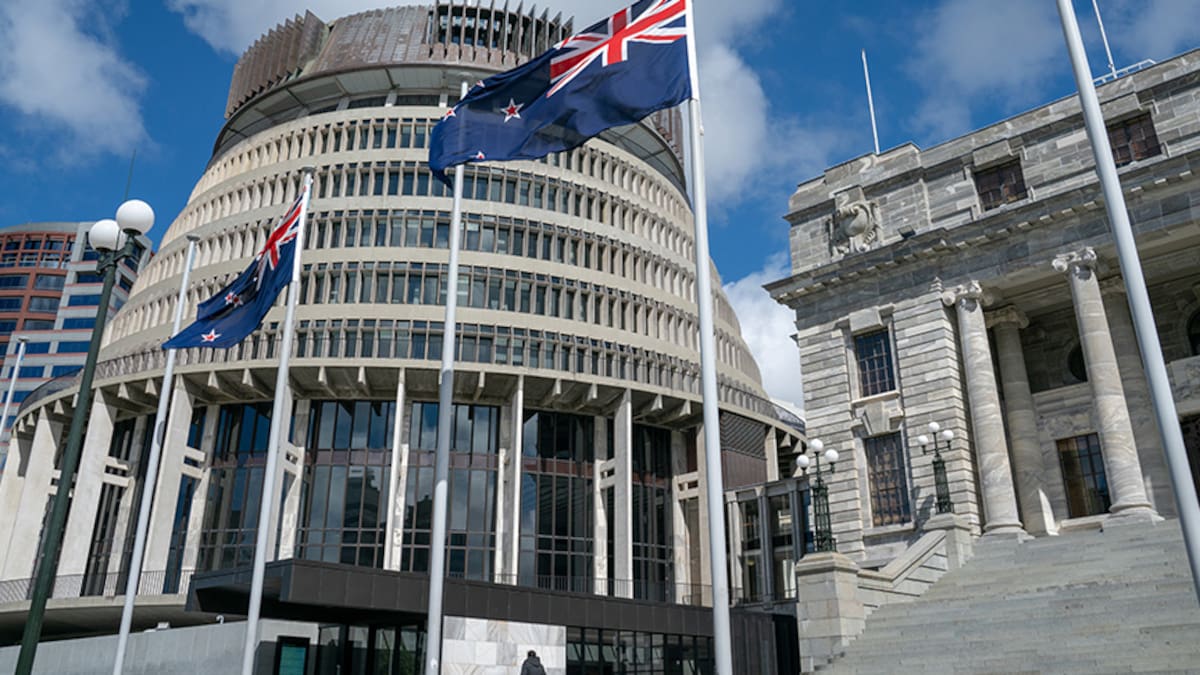“When a Government comes in, it spends a fair bit of time getting its feet under the desk and advancing its initial programme,” he said.
“Then it has a bit of time in the middle when it goes about the business of Government. Towards the end, it’s campaign mode.”
Clark said it doesn’t make for good lawmaking when Governments have their eyes on the clock for the upcoming election.
New Zealand has held two previous referendums on the subject, in 1967 and 1990, and both were rejected.
In February this year, the Term of Parliament (Enabling 4-year Term) Legislation Amendment Bill was introduced into Parliament.
It passed its first reading in March and successfully went through the Justice Select Committee and is now due for a second reading.
In August, the coalition Government allocated $25 million for a referendum on the subject, to potentially go ahead alongside next year’s election.
New Zealand Initiative Senior Fellow Nick Clark. Photo / New Zealand Initiative
Last month, former Act Party leader Richard Prebble called the initiative “simply wrong”.
“If politicians knew they would not face voters for four years, they would feel freer to make bad decisions as well as good ones,” he wrote.
“In Government, a way to kill a bad policy proposal is to remind voters how many days there are to the election and to ask, ‘How can this be defended on the hustings?
“The closer to the election, the more effective it is at killing bad ideas.”
Another suggestion from the New Zealand Initiative’s report was to increase the number of MPs from 120 to 170.
Clark said New Zealand has a very small Parliament compared to countries against which we like to compare ourselves.
“The benefits of a larger Parliament would make those electorates, which have become very large over the past 30 years, more manageable.”
He said the average electorate has grown in size from 35,000 in 1993 to 70,000 now, creating more people each electorate MP has to serve.
Clark also said more MPs would provide greater oversight and better scrutiny of the “bloated” executive.
“There aren’t enough backbench MPs to hold that executive to account.”
The report also suggested abolishing overhang seats and lowering the party vote threshold to 3.5-4%.
Clark said the 2023 election exposed serious problems in the system.
“More than 600,000 special votes took three weeks to count, delaying government formation and undermining public confidence.
“These reforms aren’t about radical redesign.
“They’re about updating a system that has served us well but now needs modernising for 21st-century realities. After 30 years, we know what works and what doesn’t.”
Sign up to The Daily H, a free newsletter curated by our editors and delivered straight to your inbox every weekday.

